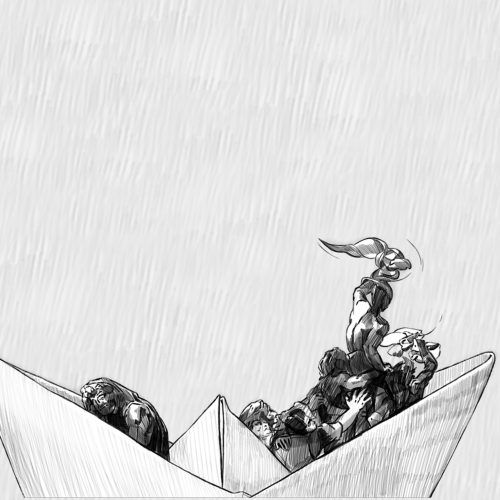The US administration plans to collect DNA samples from asylum-seekers
On October 21, 2019, the Department of Justice of the United States issued a notice of proposed rulemaking (NPRM) to change the law to allow for the collection of DNA samples from the non-United States persons it detains. The NPRM is a notice in the Federal Register to inform the public that an agency of the government is considering a regulatory change. It would restore “to the Attorney General the authority vested in him by the bipartisan DNA Fingerprint Act of 2005 to authorize and direct the Department of Homeland Security (DHS) to collect DNA samples”, explained the Department of Justice in a press release.
The proposed law would allow the collection of DNA samples from asylum-seekers and other migrant people aged 14 years or older who are detained at US borders. It would affect thousands of people that are at immigration custody each year, The New York Times estimates.
The DNA samples would be added to an existing FBI database that is used by law enforcement to hunt criminals, AP agency reported. Until now, the extensive DNA database collected by the FBI included people who had been arrested or convicted regarding serious crimes.
The Department of Justice of US explained in the press release that “in advance of this rule change, the Department of Justice and DHS have been working collaboratively to initiate a pilot program for the collection of DNA from non-U.S. persons detained by DHS.” Mexican government expressed concern about the controversial law in a statement.























